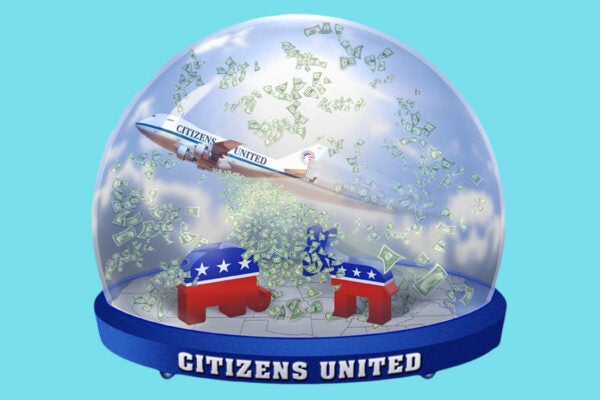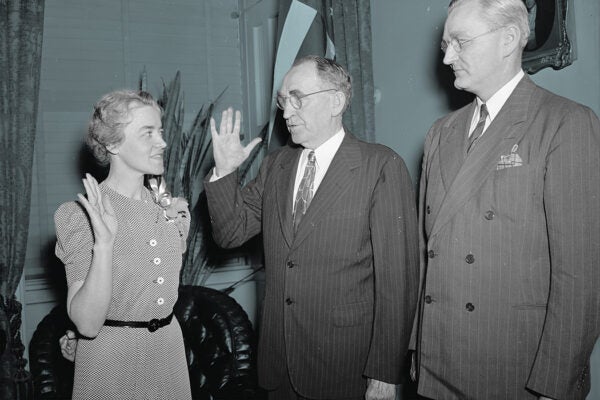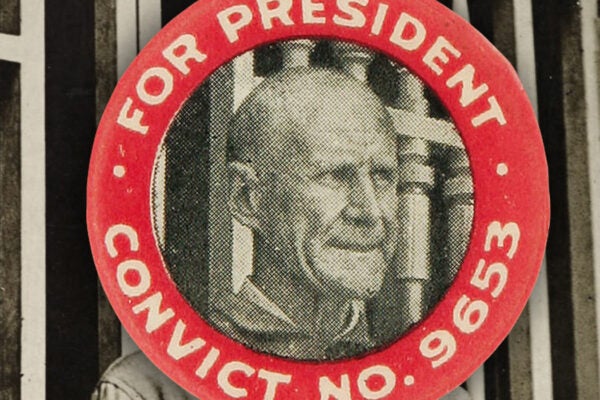Marbury v. Madison: Annotated
Justice John Marshall’s ruling on Marbury v. Madison gave the courts the right to declare acts and laws of the legislative and executive branches unconstitutional.
The Power of the Purse
The first time a president withheld funds for something approved by Congress, it led to the Impoundment Control Act. We’ll soon find out if that law has teeth.
Citizens United v. Federal Election Commission: Annotated
The 2010 decision, enabling the rise of super PACS, made possible new and more covert mechanisms for funding election campaigns in the United States.
The Logic and Legality of Growth
Economic growth is closely linked to profit maximization, which is central to the functioning of global market-based economies.
Climate Justice as Climate Reparations
Climate justice activists want countries of the Global North to make up for centuries of uneven industrialization, deforestation, extraction, and consumption.
Declaration of Conscience: Annotated
In June 1950, Senator Margaret Chase Smith criticized Joseph McCarthy's anticommunist campaigns. She was the first of his colleagues to challenge his Red Scare rhetoric.
A Million Americans Once Voted for an Incarcerated Socialist
Eugene Debs campaigned for both president and prison reform from a federal penitentiary. His critiques of the prison system still resonate.
The Case for Race-Conscious Affirmative Action
Minority students in racially isolated schools have drastically less access to critical educational resources.
Has the Internet Weakened Our Political Institutions?
According to our columnist, the internet has destabilized many of the informal institutions that underpin our democracy.
What Roe v. Wade Means for Internet Privacy
Roe v. Wade left Americans with the idea that privacy is something we can expect as citizens. But does the SCOTUS consider privacy a constitutional right?









